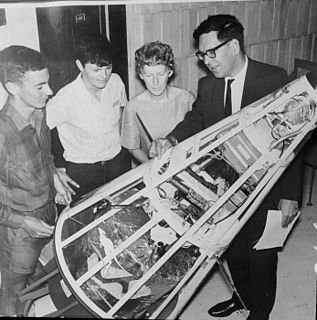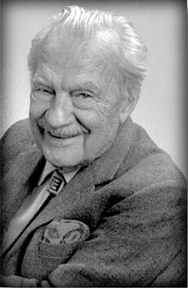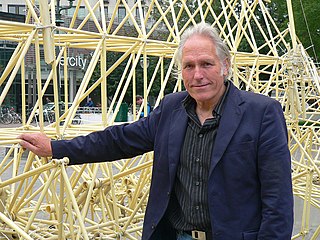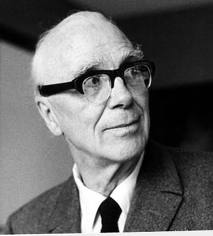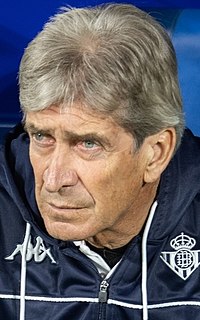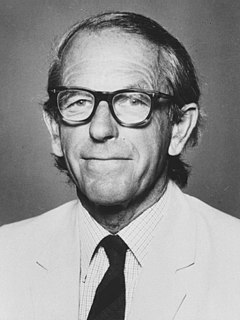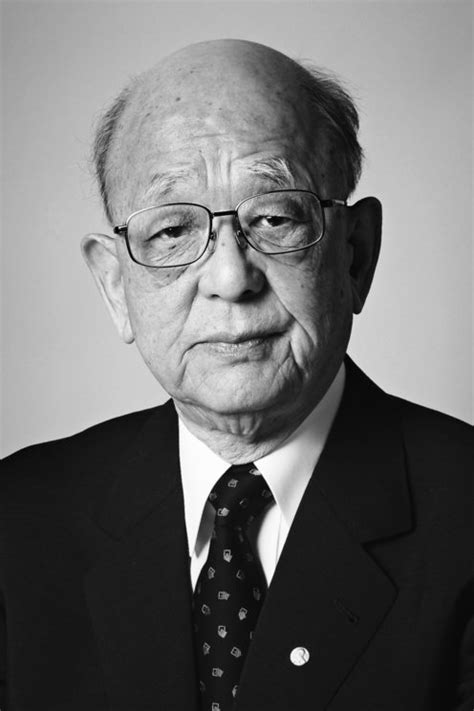A Quote by John Henry Carver
My latter schooldays and my university days were during the war, when science - physics, in particular - was a very important and glamorous subject. A lot of us felt that if we couldn't get into science, we might try engineering or medicine.
Related Quotes
But, contrary to the lady's prejudices about the engineering profession, the fact is that quite some time ago the tables were turned between theory and applications in the physical sciences. Since World War II the discoveries that have changed the world are not made so much in lofty halls of theoretical physics as in the less-noticed labs of engineering and experimental physics. The roles of pure and applied science have been reversed; they are no longer what they were in the golden age of physics, in the age of Einstein, Schrödinger, Fermi and Dirac.
I liked science very much. A science teacher in high school inspired me, and because of him, I began studying science at the university. But when I got there... well, the subject still attracted me a lot, but I had to do all these exams, and it was just like working in an office. I couldn't stand that.
There's a lot of science in it, and as Slartibartfast [in The Hitchhiker's Guide to the Galaxy] said: 'I am a great fan of science, but I cannot do a quadratic equation.' I've never, ever been able to do one. I remember one occasion at Warwick University, when Jack and Ian were at their wits' end because I couldn't get it. I felt totally ashamed.
Science was blamed for all the horrors of World War I, just as it's blamed today for nuclear weapons and quite rightly. I mean World War I was a horrible war and it was mostly the fault of science, so that was in a way a very bad time for science, but on the other hand we were winning all these Nobel Prizes.
Shiv Nadar University has five schools with 16 departments offering 14 undergraduate, 10 master's and 13 doctoral programmes. The demand for engineering courses - computer science, engineering, electronics, communication engineering, mechanical engineering - is slightly on the higher side compared to other engineering courses.
The fact that science led me to spiritual insight is appropriate because the latest discoveries in physics and cell research are forging new links between the worlds of Science and Spirit. These realms were split apart in the days of Descartes centuries ago. However, I truly believe that only when Spirit and Science are reunited will we be afforded the means to a better world.
I don't put a very clear label on my work. If anything, I write science fiction - looking at a moment now, in the present, and then extrapolating outward to think about what the future might look like if this particular trend goes on, or if this particular trend is the most dominant. That's a science fictional tool.
Including my nine years as a student, the majority of my life has been at Hokkaido University. After my retirement from the university in 1994, I served at two private universities in Okayama Prefecture - Okayama University of Science and Kurashiki University of Science and the Arts - before retiring from university work in 2002.
